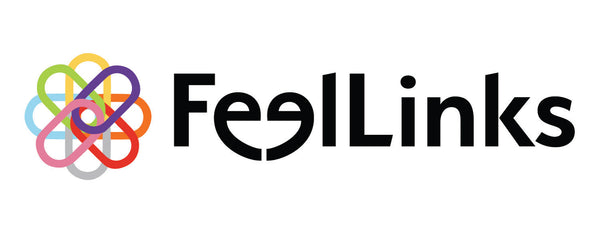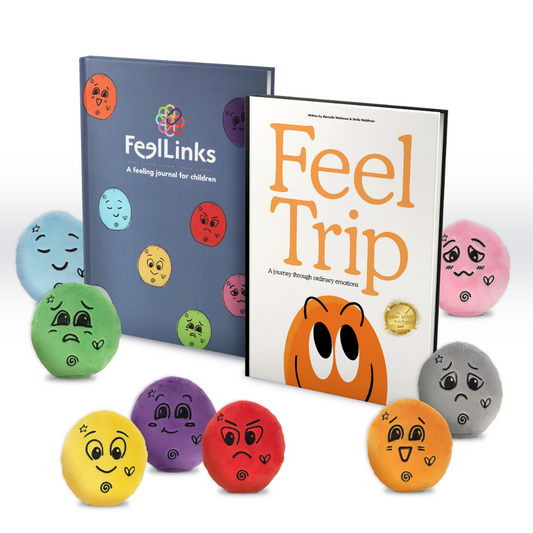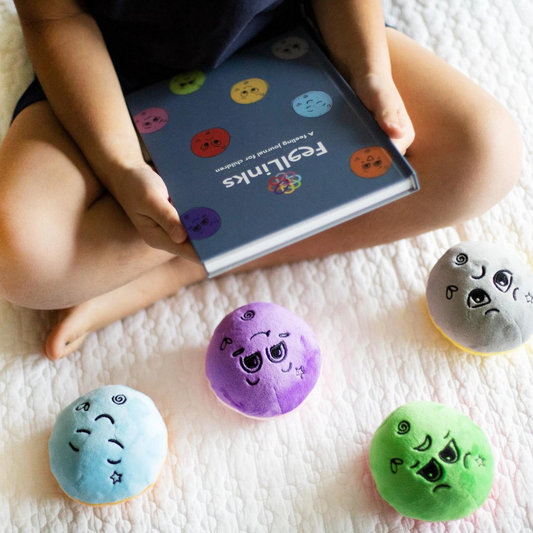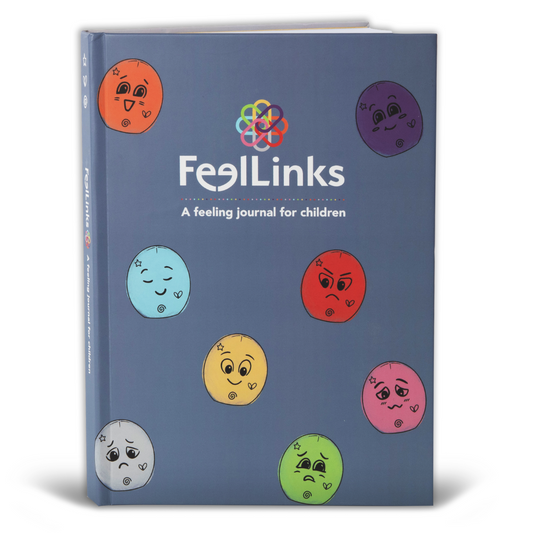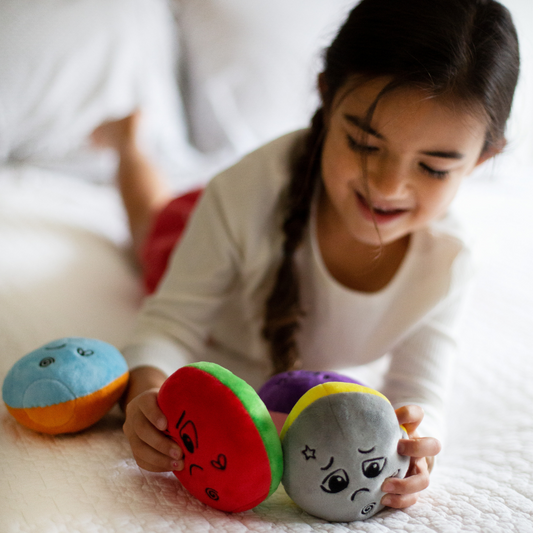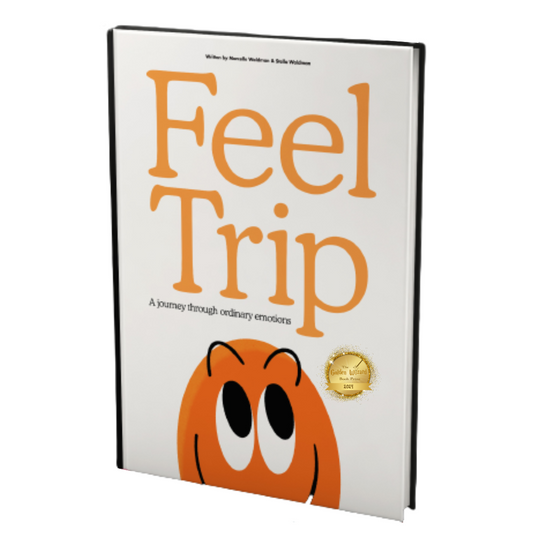How the Social Learning Theory Should Affect Our Actions
Share
*Photo credit: JennX Photography
"When our children see us expressing our emotions, they can learn that their own feelings are natural and permissible, can be expressed, and can be talked about. That's an important thing for our children to learn.” - Fred Rogers
*Be sure to grab the freebie
I have been preparing for an awesome summit event with the incredible ladies at No Guilt Mom. I will be sharing more about that very soon! The topic that I chose to share is "actions speak louder than words" - so I decided to write a little article about this topic today - just a glimpse into what I will be sharing at the summit.
What is the Social Learning Theory?
"Fortunately, most human behavior is learned observationally through modeling from others. From observing others, one forms an idea of how new behaviors are performed, and on later occasions, this coded information serves as a guide for action.” ― Albert Bandura
In 1961, Canadian-American Psychologist, Albert Bandura, ran a social experiment called, the Bobo Doll Experiment. The aim of this was to investigate if social behaviors are learned through observation. He set up the experiment with three groups under three different conditions:
1. Parents that showed aggression toward the doll.
2. Parents showing non-aggression (kindness) toward the doll.
3. A controlled group that was not shown any model.
What he found was that children that observed their parents being aggressive toward the doll, were far more aggressive toward the doll when they had their turn with it. Those that observed a parent showing non-aggressive behaviors toward the doll, were much more likely to also treat the doll with non-aggressive behavior. This experiment has since been done in many settings and the same outcome continues to hold true: Children learn social behavior by observing, paying attention, retaining, and then imitating what they see from another person.
How does the Social Learning Theory connect to "actions speak louder than words"?
When we use the saying, "actions speak louder than words", we are referring to showing what we truly think and feel through our actions, rather than by the words we say. While we know words can be quite powerful, it's really in the way we act that nurtures feelings of safety, trust, and security with our children. We have expectations for our children to act in ways that are aligned with our family values, character qualities, and moral standards.
So, are you modeling what you want to see?
Actions speak loudly! When we love and care for our children, and lead by setting good examples of how to treat ourselves and others, we are setting them up to imitate qualities that we hope for them to carry throughout their lives.
Let's reflect on some areas where we can set a healthy example by showing our actions to our children.
Respect – It's important to first respect ourselves. Are you taking care of yourself? Speaking kindly to yourself? These are all actions that are important for your child to see. As you show healthy self-respect, your child can learn the same. Showing respect to others in our body language, facial expressions and tone of voice, is another area where our children will watch us and imitate what they see.
Feelings and emotions - Show how you are feeling. Label, express and regulate your emotions for your child to see. They will pick up that all feelings are normal to us all and that it is okay to express them. They will pick up new emotional vocabulary and learn ways to manage emotions by observing you.
“You can say the right thing, but if your heart isn’t in it, it won’t draw you any closer to your child. In fact, fudging may cause you to lose credibility with your child, which can drive a wedge in your relationship. Be sure, therefore, that you truly understand your child before you say you do. If you’re not sure whether you understand, simply reflect back what you see and hear.” ― John M. Gottman
Empathy – Let your children see you showing empathy towards others. Whether it's taking care of someone that is ill, sending a card to a friend who is grieving, visiting a senior home, or participating in a food drive. We should also be sure to point out scenarios that are actually occurring in our lives, find empathy in books, television or movies, and discuss how others are feeling.
Work ethic- Whether working a job, attending school, completing household chores, committing to a team or organization, whatever it is that you do, let your children see you putting forth full effort to the best of your ability.
This is just a starting place, a glimpse of where we can reflect on our own actions. Are you modeling what you want your children to learn through observing your actions?
In my Happy Mom Summit presentation, I will share much more on this topic and go into greater detail. Don't worry - I will be sure to let you know when registration opens up and where you can sign-up for the free summit. It's coming very soon!
In the meantime, I have prepared this parent reflection FREEBIE for you. This exercise is meant to take some time to learn more about ourselves and ask ourselves some important questions. I hope that you find it supportive.
xoxo
Marcelle
